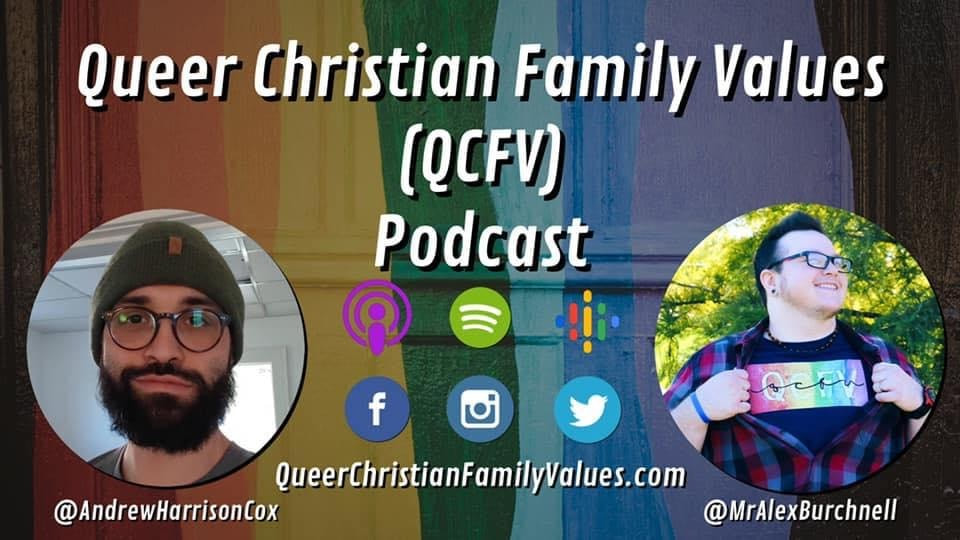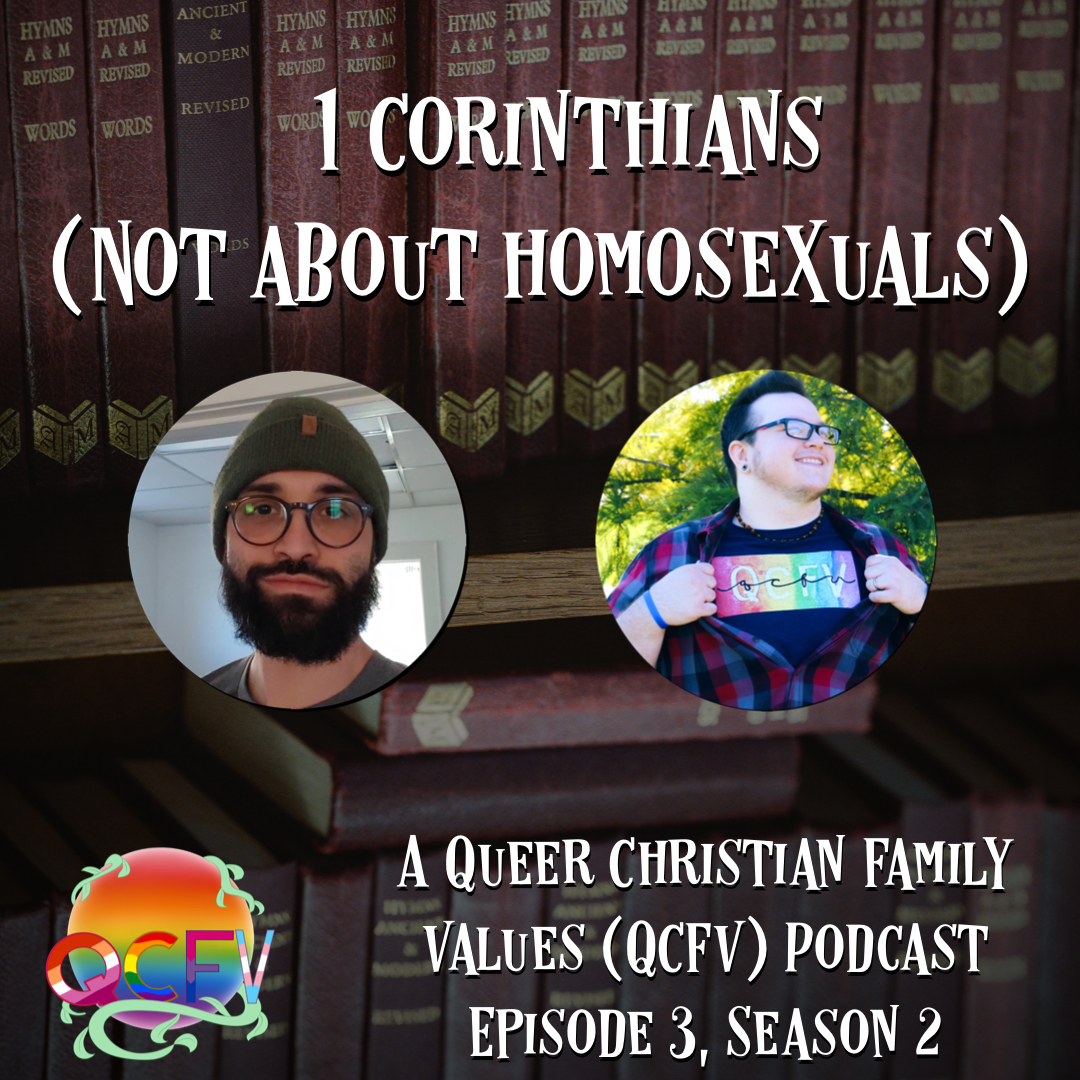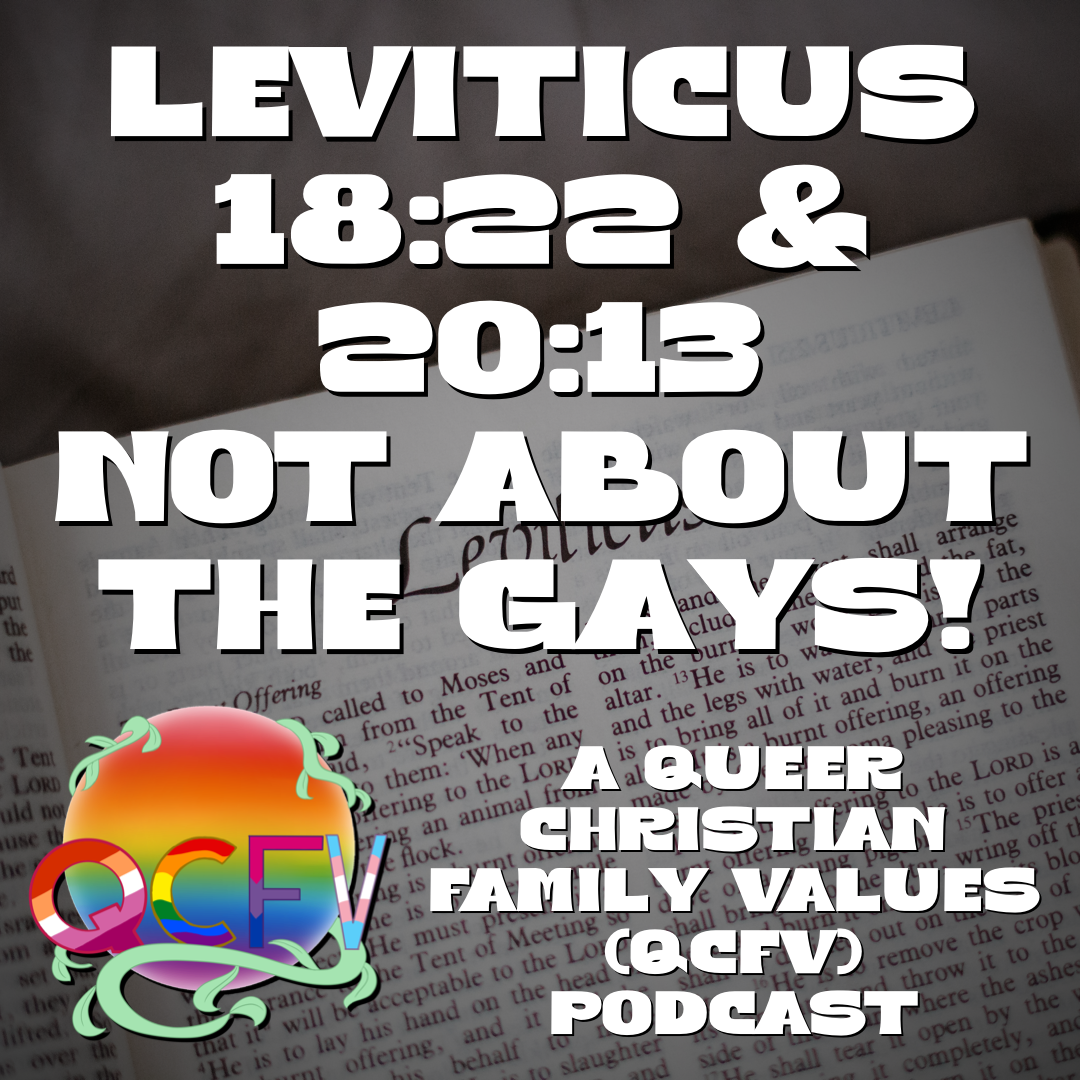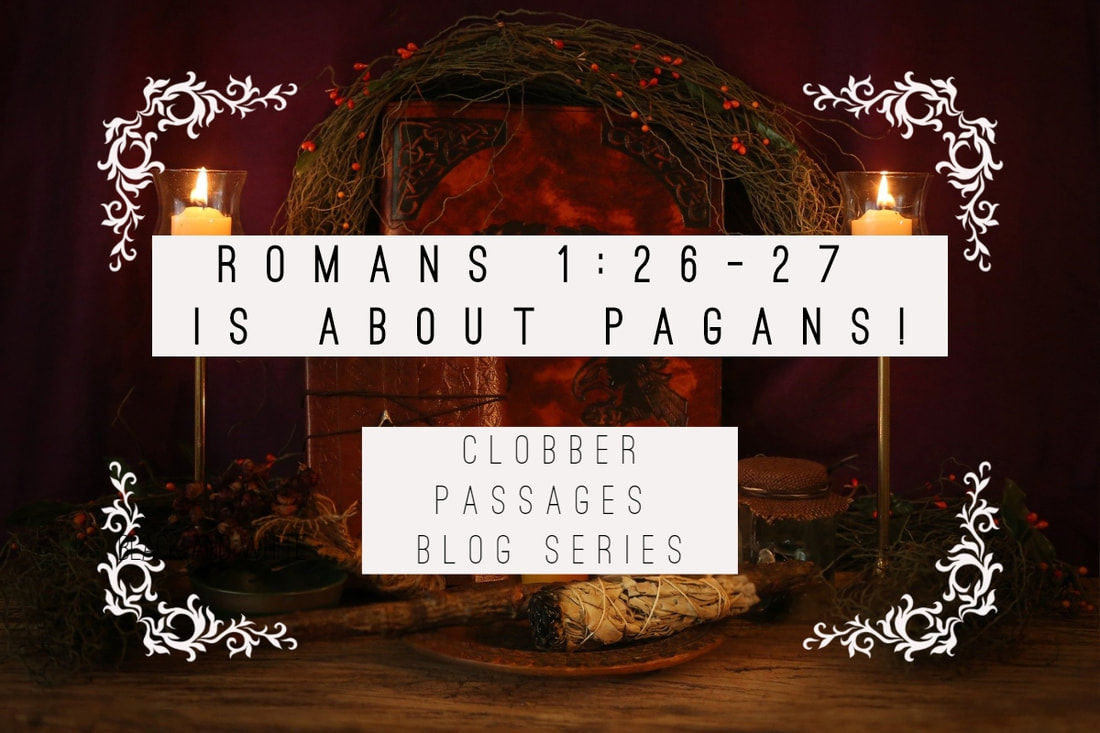Our Mission is to Promote the affirmation and Inclusion of LGBTQ+ individuals in the Christian faith!
QCFV BLOG
Categories
All
Biblical History
Black Lives Matter
Blogs By Alex Burchnell
Blogs By Desiree Raught
Catholic Themes
Clobber Passages
Diversity
Giveaway
LGBT & The Bible
Partner Program
Podcast
Tales Of Nailan
Top Surgery
ABOUT US
QCFV is a site created to promote the affirmation and inclusion of LGBTQ+ individuals in the Christian faith. Consider becoming a donor or Patreon sponsor to enable us to continuing helping others by providing free resources, online communities, and quarterly binder giveaways.
Click to set custom HTML








 RSS Feed
RSS Feed
